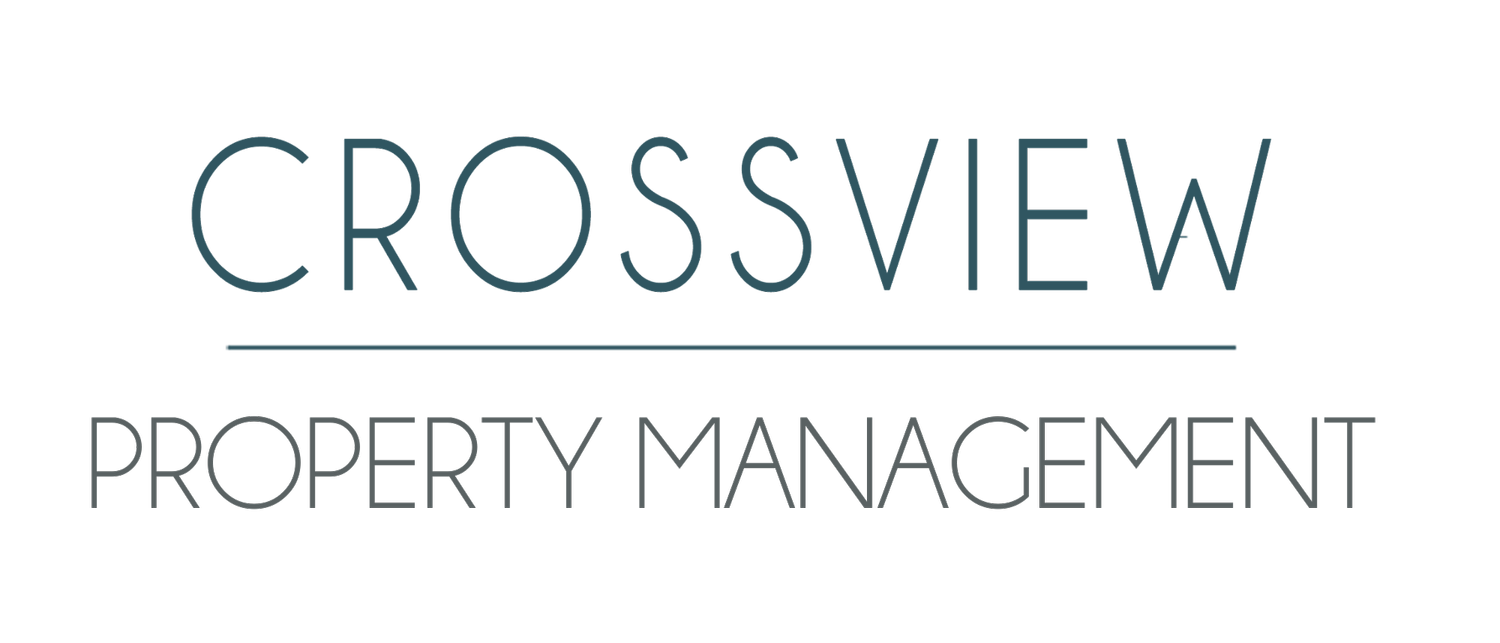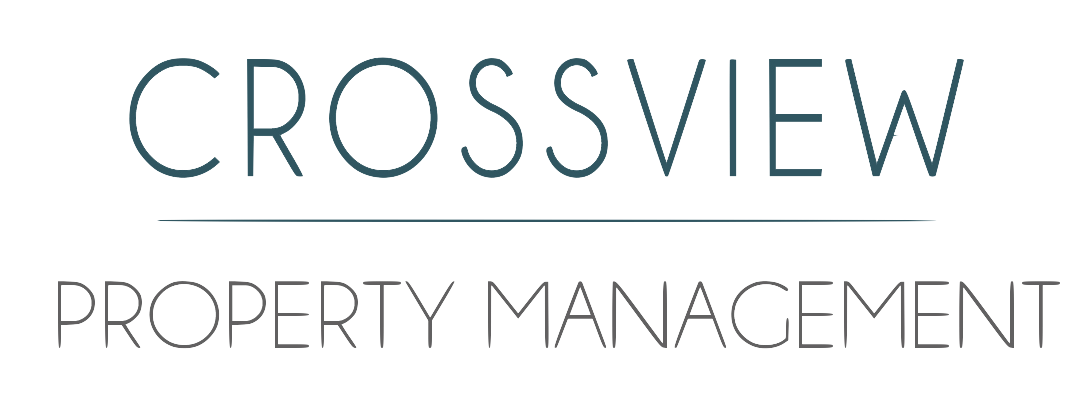Should You Sign a 1-Year Lease or a 2-Year Lease in Florida?
Is a longer lease term—like two years—worth locking into, or is sticking with a standard one-year agreement better for your rental property?
Florida law allows both one-year and two-year leases, provided they’re in writing. While recent legislative updates have simplified longer lease execution, each option comes with strategic advantages and potential trade-offs.
Legality: What Florida Law Allows
Florida places no limit on lease length, as long as the lease is properly documented in writing. You can legally use a lease that spans one, two, or even more years. Prior witness requirements for longer leases have been eliminated, making lease execution more streamlined for Florida landlords.
Pros & Cons of a 1-Year Lease
Pros:
Flexibility to adapt rental terms annually
Easier to adjust pricing or transition if you're planning to sell, renovate, or relocate
Lease renewals give you more regular control over who’s living in your property
Cons:
More frequent turnover, which can mean gaps in income
Higher administrative costs from more frequent marketing, screening, and re-leasing
Pros & Cons of a 2-Year Lease
Pros:
Stability of income—you know what to expect for two full years
Reduces turnover and tenant churn, which cuts down on vacancy and wear-and-tear
May appeal to renters looking for housing security
Cons:
You could miss out on higher rent rates if the market goes up during the lease
Less flexibility if you want to sell, upgrade, or change use of the property
Tenants may lose interest in renewing after such a long term, especially if life circumstances change
Final Takeaway
A 1-year lease offers control and flexibility—ideal if you anticipate changes in your rental strategy. A 2-year lease provides stability and retention—especially valuable if you prioritize consistent cash flow and tenant longevity.
At CrossView Property Management in Jacksonville, FL, we help owners understand the legal implications and long-term impact of lease terms so they can make smart, confident decisions.
We know managing your own property may seem like you’re saving money, but not knowing current Florida laws—or choosing the wrong lease term—could leave you exposed to significant loss.
Talk to us at CrossView Property Management and see if what we offer proves to be the value your property deserves. We’d love the opportunity to help you protect your investment with clarity and confidence.


